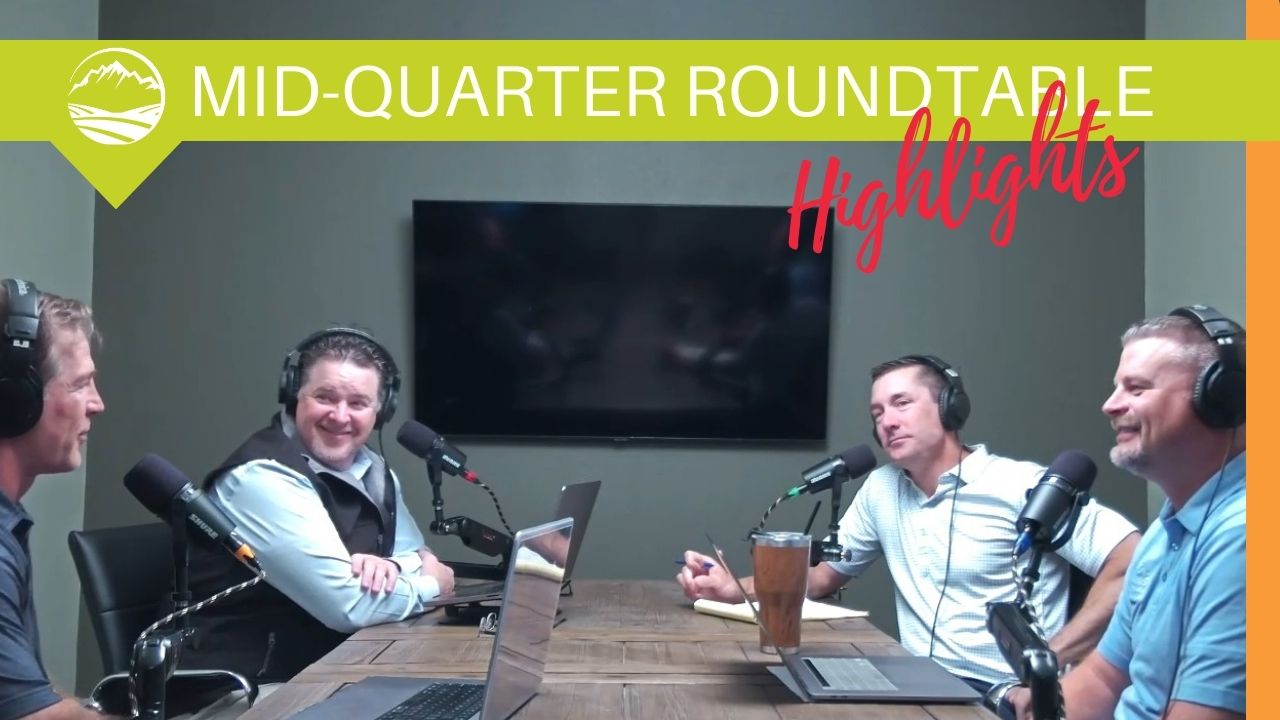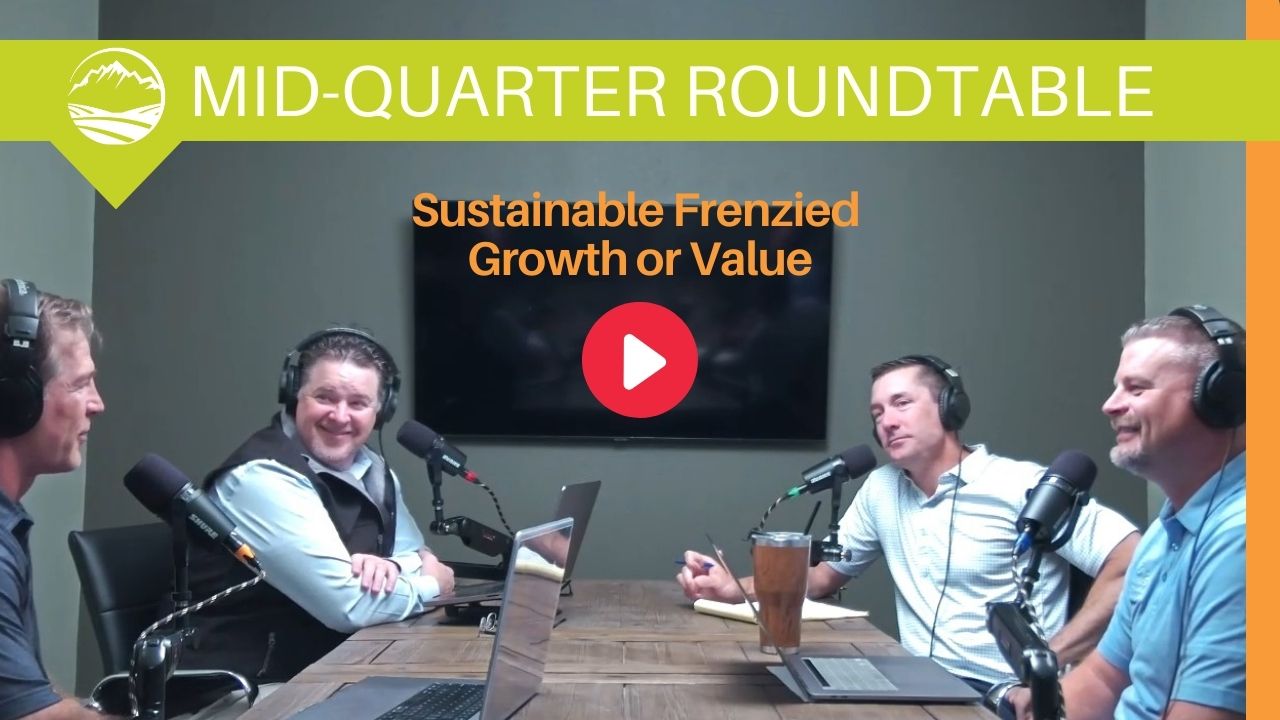You are now leaving the Strong Valley Wealth & Pension, LLC ("Strong Valley") website. By clicking on the "Schwab Alliance Access" link below you will be entering the Charles Schwab & Co., Inc. (“Schwab”) Website. Schwab is a registered broker-dealer, and is not affiliated with Strong Valley or any advisor(s) whose name(s) appears on this Website. Strong Valley is/are independently owned and operated. Schwab neither endorses nor recommends Strong Valley. Regardless of any referral or recommendation, Schwab does not endorse or recommend the investment strategy of any advisor. Schwab has agreements with Strong Valley under which Schwab provides Strong Valley with services related to your account. Schwab does not review the Strong Valley website(s), and makes no representation regarding the content of the Website(s). The information contained in the Strong Valley website should not be considered to be either a recommendation by Schwab or a solicitation of any offer to purchase or sell any securities.

Are you curious about estate planning? This article delves into key points to help protect assets and ensure your wishes are honored. From wills, trusts and various powers, to designating the right beneficiaries, it offers points that could save you time in the end.

There are several kinds of trusts and wills to help pass down your legacy or care for you in the case you are incapacitated. Many people already have estate documents, probably executed many years ago. With laws constantly changing, and personal circumstances too, an estate planning attorney should review the documents every few years, as they can guide you to the right tools for your unique situation. Here are a few points to consider.
1. Health Care: Powers of attorney for health care and property are part of every complete estate plan. With a health-care power, a chosen agent acts on your behalf if you become unable to make decisions. With durable power for property, the chosen agent acts if you are incapacitated and can’t sign a tax return, make investment decisions, make gifts or handle other financial matters. Additionally, make sure the health-care power addresses the Health Insurance Portability and Accountability Act. This governs what medical information doctors can release to someone other than the patient.
2. Beneficiaries: Are beneficiaries, executors, trustees and guardians named in the wills or trust documents still current? Are all still living? Can someone new fill a role better?
3. Addendums and Schedules: What about any updates needed to addendums or schedules that specify disbursement of personal property? Make sure the schedules are current and attached.
4. Decanting: Are all existing trust documents needed? Some states allow for decanting, which means emptying the contents of an irrevocable trust into another one newly created, if the irrevocable trust becomes unworkable or outdated. Not all states allow decanting.
5. Children: What about children, have they passed the ages specified in a children’s trust (in which money is designated for such specific purposes, like education, for instance)? If that’s the case, then the trust may need to be updated.
6. Special Needs: Another consideration are heirs with disabilities or special needs. Don’t assume typical estate documents automatically help in those situations. Seek out a financial advisor and attorney who specialize in this planning.
7. Financial Accounts & Beneficiaries: Check beneficiary designations on brokerage accounts, insurance policies and retirement accounts. Ensure that all beneficiaries are current. Be sure to understand the firm’s policy when one beneficiary dies before the others. If you want the share of the assets to pass by blood line - to the deceased’s children, for example - you may need to put in language specifying that distribution. Otherwise, the remaining listed beneficiaries may simply divide the assets.
8. Shared Accounts: Sometimes a parent names a child on a bank account so the child can access or use the money if the parent can’t act. Understand that if the child is a joint owner on an account, the money passes to the child no matter what the will dictates.
9. If You've Moved: If you’ve moved to another state since executing the estate documents, then you should find a local estate attorney to check any legal differences for planning between the old and new states.
10. Life Insurance Expiration: Another item to check is life insurance expiration. Consider how long to keep it if it looks like you may outlive it.
These items can help ensure your wishes are carried out if you are incapacitated or once you are gone. Planning is essential and there are professionals that can help guide you through the process.



